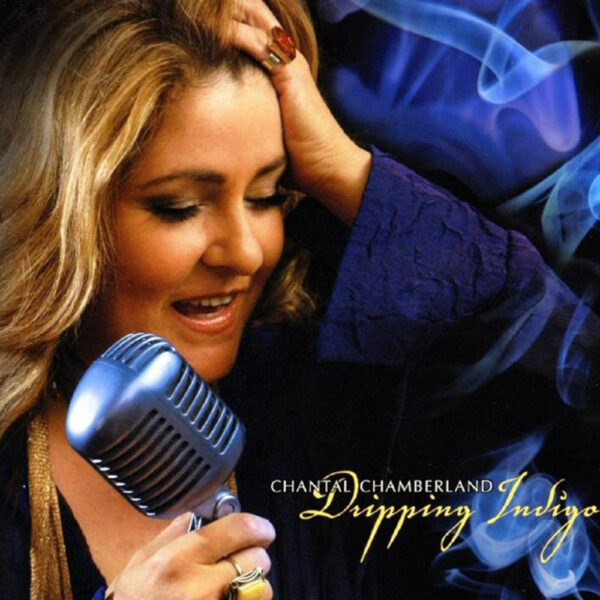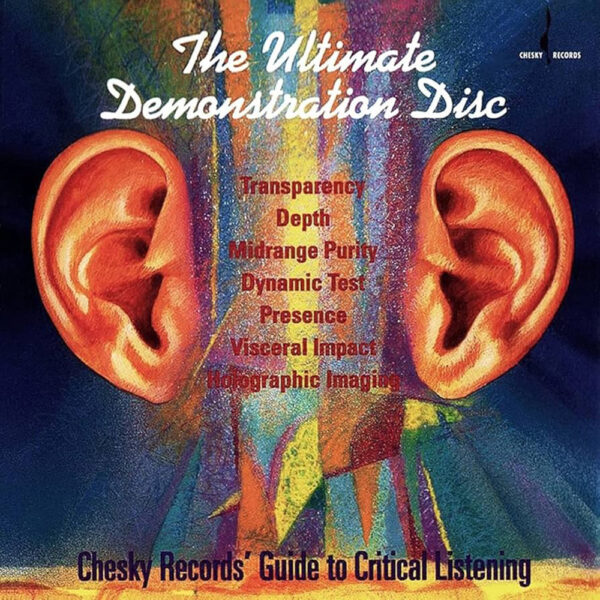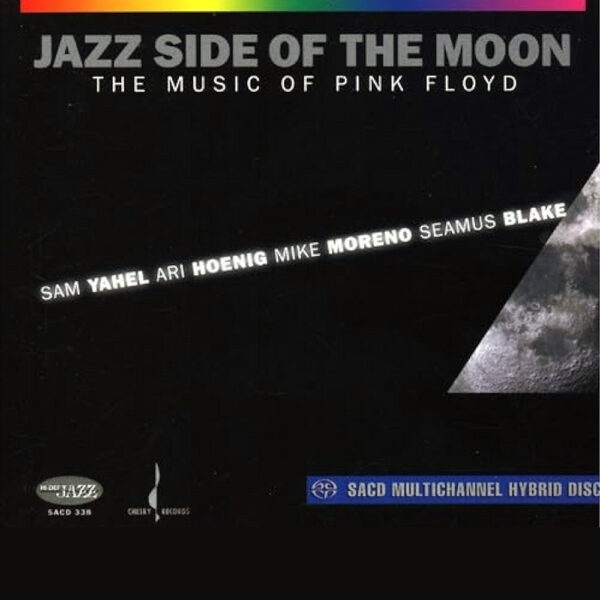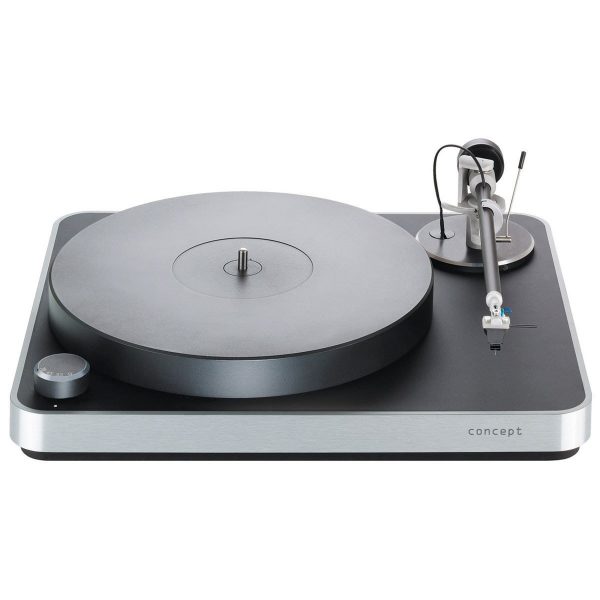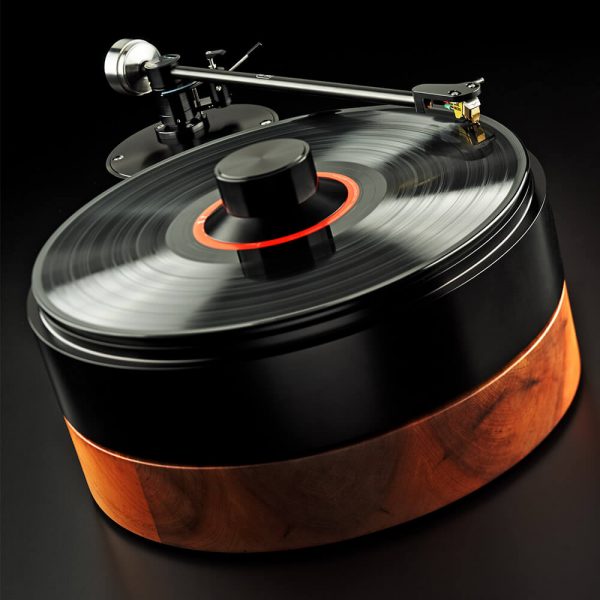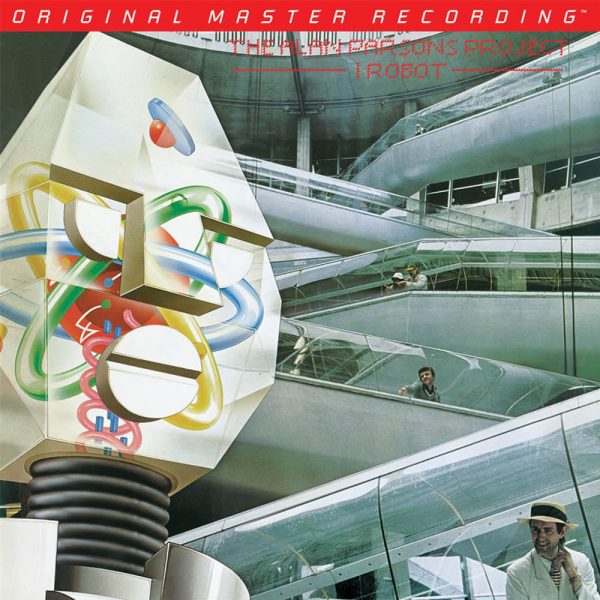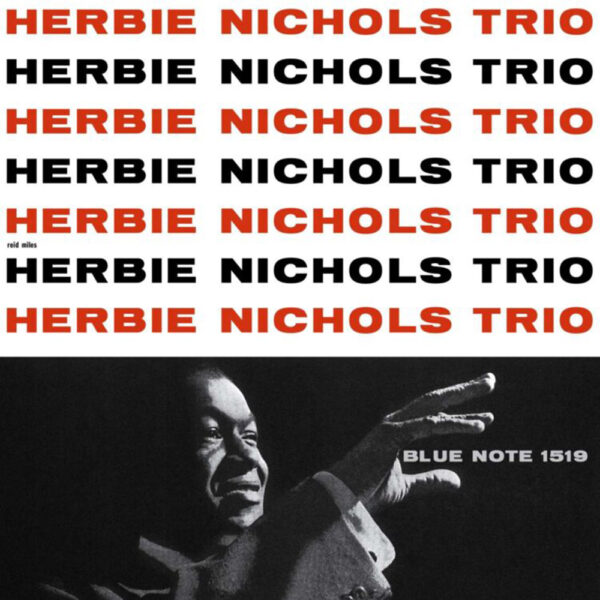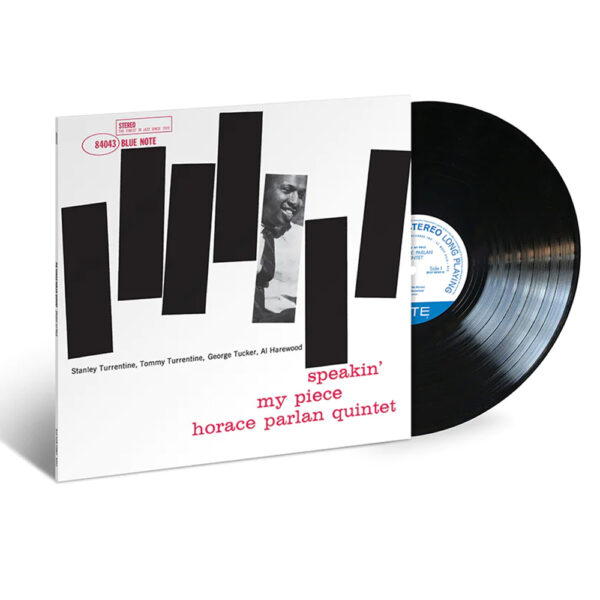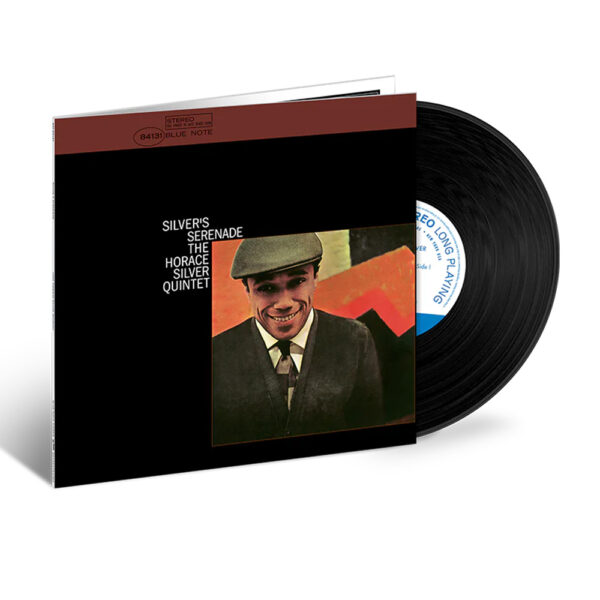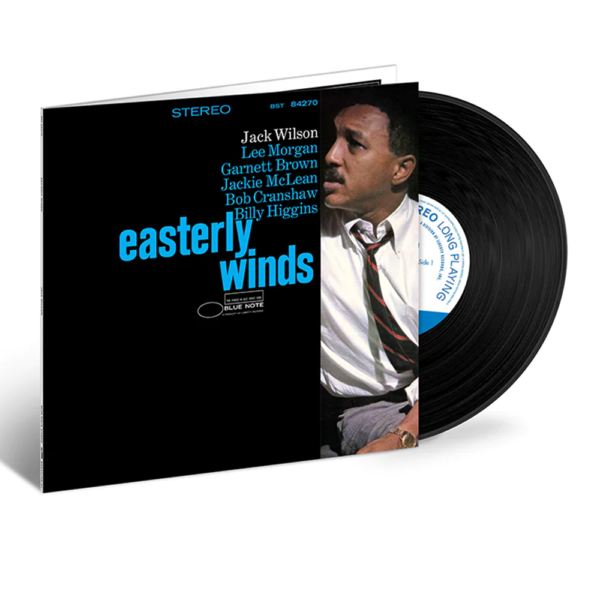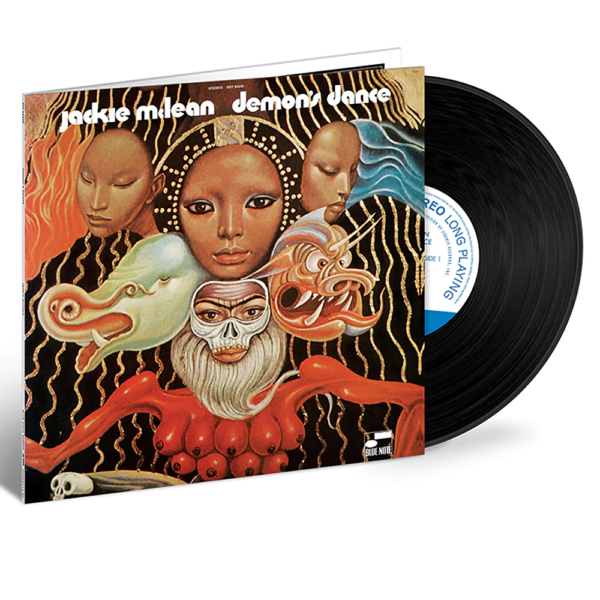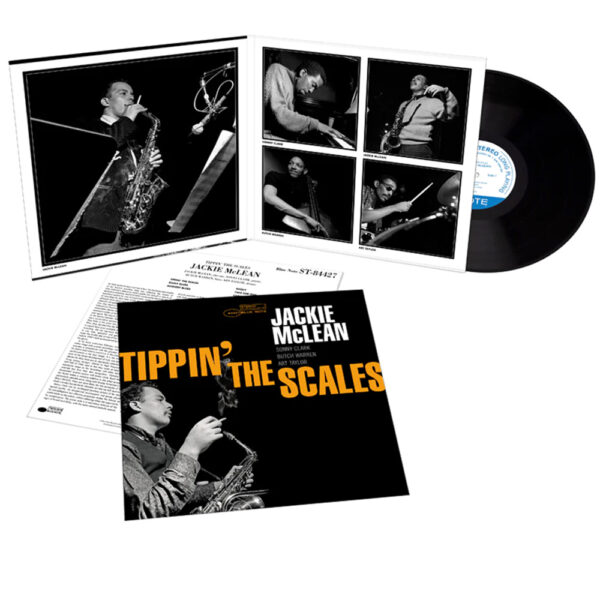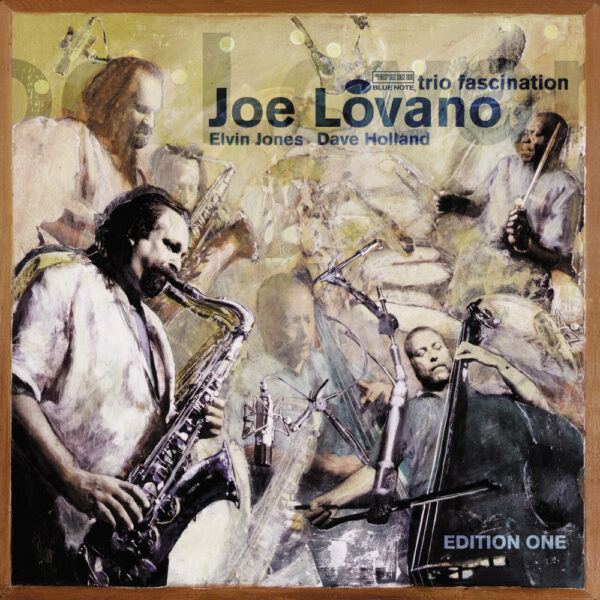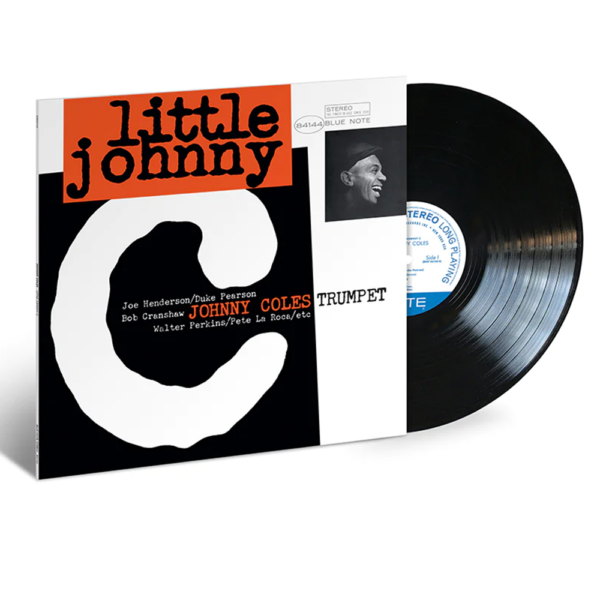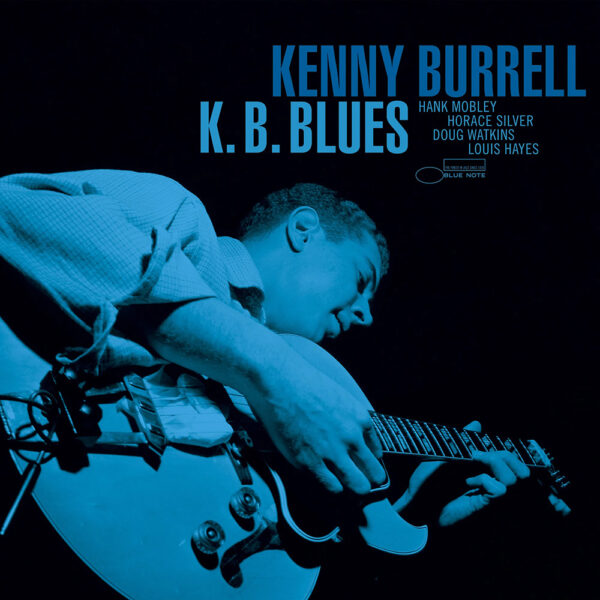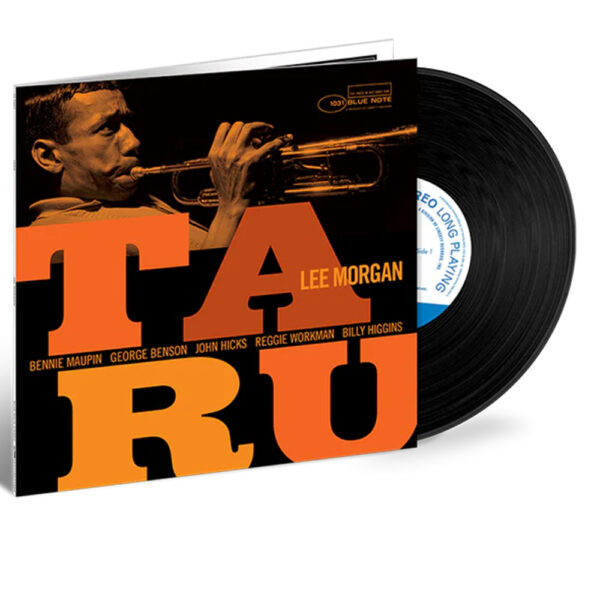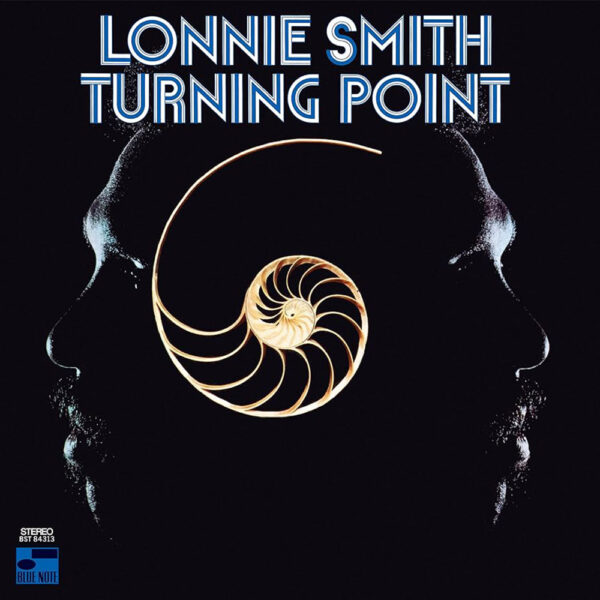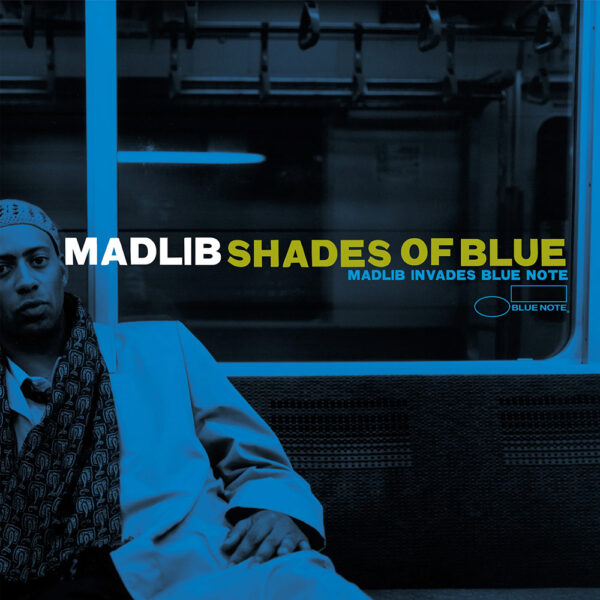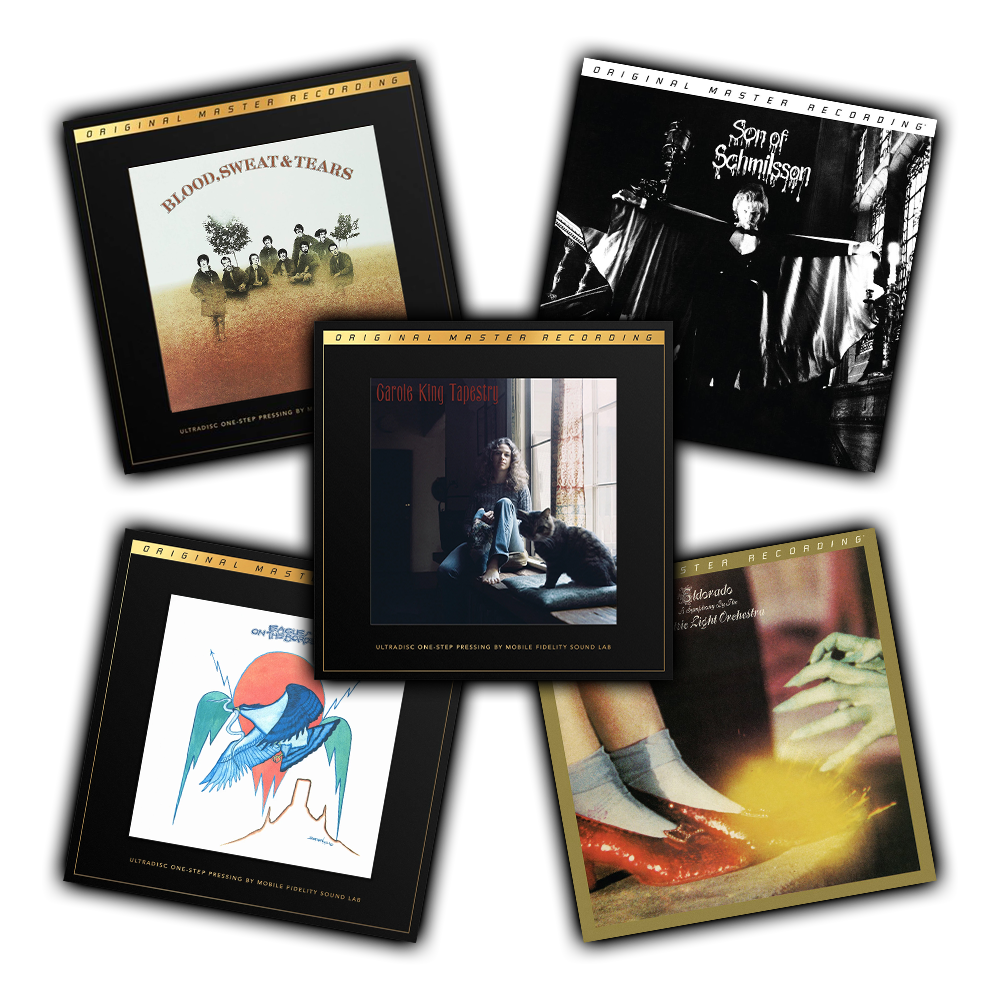Herbie Nichols Trio – Herbie Nichols Trio (Mono) – Blue Note (Tone Poet) 180g Vinyl
Herbie Nichols was one of the most original pianists and composers in jazz history. Blue Note founder Alfred Lion considered him to be as unique and important a voice as Thelonious Monk, another singular talent who Lion was the first to record a few years before he signed Nichols in 1955. Little-known during his lifetime, recognition has begun to grow in recent decades for Nichols' incredibly hip, angular compositions, each of which were miniature marvels built with their own sturdy inner logic.
Horace Parlan – Speakin’ My Piece (Classic Vinyl Series) Blue Note Vinyl
Best known for his work with Charles Mingus, pianist Horace Parlan began recording for Blue Note in 1960 with an excellent run of hard bop classics including Speakin’ My Piece, a quintet date featuring a frontline of Stanley Turrentine on saxophone and Tommy Turrentine on trumpet with the rhythm team of George Tucker on bass and Al Harewood on drums. This Blue Note Classic Vinyl Edition is stereo, all-analog, mastered by Kevin Gray from the original master tapes, and pressed on 180g vinyl at Optimal.
Jack Wilson – Easterly Winds – Blue Note (Tone Poet) 180g Vinyl
he six-song set presented four Wilson originals including the groovy opener “Do It” and the sublime ballad “Nirvanna” in addition to a tender rendition of the Johnny Mandel tune “A Time for Love” and “Frank’s Tune” by Frank Strozier, which was recently reimagined by Makaya McCraven on his 2021 Blue Note remix project Deciphering the Message.
Jackie McLean – Demon’s Dance – Blue Note (Tone Poet) 180g Vinyl
Jackie McLean’s music weaved in and out of the avant-garde throughout the 1960s with the brilliant 1963 inside-out dates One Step Beyond and Destination… Out! eventually leading to full-throated free jazz of the 1967 dates New and Old Gospel (featuring Ornette Coleman on trumpet) and ‘Bout Soul. Demon’s Dance, which was recorded in December 1967, found the alto saxophonist maintaining a decidedly post-bop edge with a spirited quintet comprised of trumpeter Woody Shaw, pianist LaMont Johnson, bassist Scott Holt, and drummer Jack DeJohnette. The six-song set presented a pair of tunes each by McLean, Shaw, and composer Cal Massey with highlights including McLean’s churning title track, Shaw’s tuneful bossa “Sweet Love of Mine,” and Massey’s brightly swinging “Message from Trane” in tribute to the great John Coltrane who had passed away early that year. But the album’s most striking feature may be the unforgettable cover artwork by Mati Klarwein whose work also graced the cover of Miles Davis’ Bitches Brew.
Jackie Mclean – Tippin’ The Scales Lp (Blue Note Tone Poet Series) Blue Note 180G Vinyl
Recorded in 1962 but not released until 1979, Jackie McLean’s album Tippin’ The Scales found the alto saxophonist and Blue Note stalwart leading a quartet with Sonny Clark on piano, Butch Warren on bass, and Art Taylor on drums through a stellar set of hard bop including originals by McLean, Clark, and Vernon Duke’s “Cabin in the Sky.”
This stereo Tone Poet Audiophile Vinyl Edition was produced by Joe Harley, mastered by Kevin Gray from the original analog master tapes, pressed on 180g vinyl at Record Technology Incorporated (RTI), and packaged in a deluxe gatefold tip-on jacket.
Joe Lovano – Trio Fascination: Edition One – Tone Poet Vinyl Series
On his remarkable 1997 album Trio Fascination: Edition One saxophonist Joe Lovano joined forces with two all-time legends—bassist Dave Holland and drummer Elvin Jones—in a spare trio setting that finds these three masters conversing freely. This stereo Tone Poet Vinyl Edition marks the album’s first-ever release on vinyl and was produced by Joe Harley, mastered by Kevin Gray from the original analog master tapes, pressed on 180g vinyl at RTI, and packaged in a deluxe gatefold tip-on jacket.
Johnny Coles – Little Johnny C Lp (Blue Note Classic Vinyl Series)
Trumpeter Johnny Coles was performing with the Gil Evans Orchestra at Birdland in 1959 when he unknowingly made a fan who would open an important door for him a few years later. That fan was pianist Duke Pearson, who was enthralled by the trumpeter’s solo spotlight that night, and after hearing him again the next year as a featured soloist in James Moody’s band, Pearson and Coles formed their own musical relationship and began performing together frequently.

